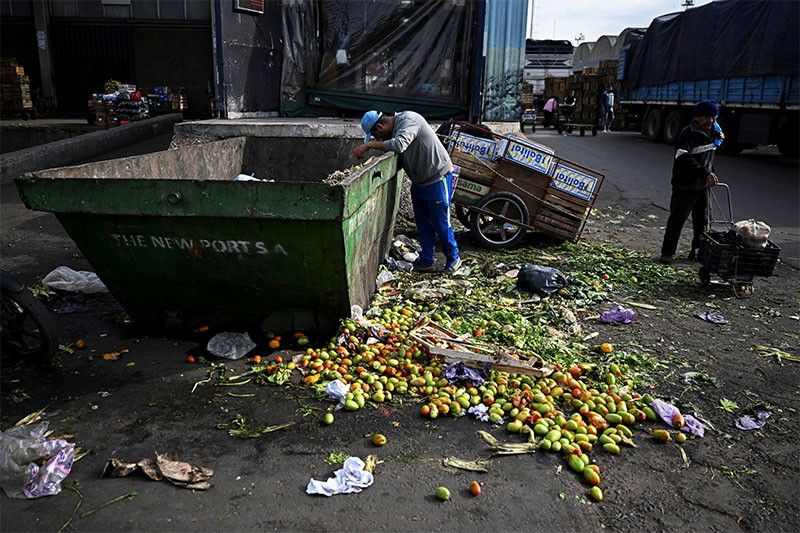165 million people fell into poverty in 3 years of crisis: UN

UNITED NATIONS, United States — The Covid-19 pandemic, the cost-of-living crisis and the war in Ukraine have pushed 165 million people into poverty since 2020, the United Nations said Thursday, calling for a pause in debt repayments for developing countries.
Because of these shocks, 75 million people will have fallen into extreme poverty, defined as living on less than $2.15 a day, between 2020 and the end of 2023 -- and 90 million more will fall below the poverty line of $3.65 a day, according to a study published by the United Nations Development Program.
"The poorest suffer the most and their incomes in 2023 are projected to remain below pre-pandemic levels," the report said.
"Countries that could invest in safety nets over the last three years have prevented a significant number of people from falling into poverty," UNDP chief Achim Steiner said in a statement. "In highly indebted countries, there is a correlation between high levels of debt, insufficient social spending, and an alarming increase in poverty rates."
The report called for a "debt-poverty pause" in economically struggling countries "to redirect debt repayment towards financing social expenditures and countering the effects of macroeconomic shocks."
"The solution is not out of reach for the multilateral system," the report said.
According to another UN report published on Wednesday, some 3.3 billion people, nearly half of humanity, live in countries that spend more on paying interest on debt than on education and health.
And developing countries, despite having lower levels of debt, are paying more interest, partly because of higher rates.
According to the report, the annual cost of lifting the 165 million newly poor people out of poverty would be over US$14 billion, or 0.009 percent of global output and a little less than 4 percent of total public external debt service in 2022 for developing economies.
If the income losses among the already poor prior to the shocks are also included, the mitigation cost would reach some US$107 billion, or 0.065 percent of the world's GDP and around a fourth of total external public debt service, the report's authors estimated.
"There is a human cost of inaction in not restructuring developing countries' sovereign debt," Steiner said. "We need new mechanisms to anticipate and absorb shocks and make the financial architecture work for the most vulnerable."
Earlier this week Secretary General Antonio Guterres, who has been pushing for a reform of international financial institutions, denounced "our outdated global financial system, which reflects the colonial power dynamics of the era when it was created."
- Latest
- Trending

































